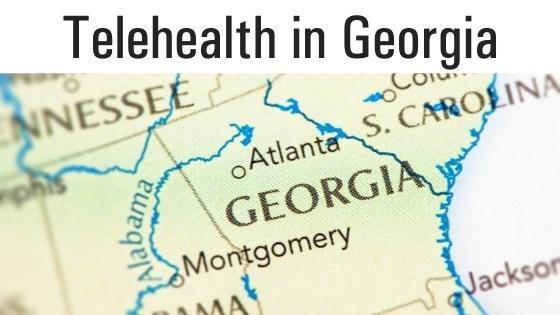
Telehealth in Georgia: Growth, Improvements and funding in 2018
Technological improvements nationwide have meant an increase in telehealth services since patients and providers can communicate in a variety of two-way, real-time methods that provide remote consultation, home monitoring, and counseling, to name just a few.
However, specialized treatment is often elusive in rural areas. In order for states to adequately handle the rapid expansion of telehealth services, significant development of remote connections is necessary when providing access to a variety of specialists in both telemedicine and telemental health.
Two initiatives have been announced that will increase the availability of telehealth in the state of Georgia. Augusta University has received a federal grant that will connect 5 rural hospitals throughout the state to provide remote consultation and health care. And another program will connect doctors with 100 diabetes patients via tablets from their homes.
The budget line in 2019 for children's mental health services in Georgia could be as high as $22.9 million. Governor Nathan Deal proposed this increase following a commission in 2017 that focused on children's access to mental health care. Children's health services have been long underfunded in Georgia, and one of many areas that will benefit from this funding includes telehealth services.
Despite ongoing concerns about state-wide broadband availability, net neutrality (which may slow connections), and insurer reimbursement to providers, expectations are high for positive growth. Currently, Georgia has twenty-five specialty telemedicine centers across the state. Since 2009, tens of thousands of Georgians have received telehealth services...a number that will greatly increase as technology continues to improve and becomes readily available to all.
Testimonials
Bridgette Nalumu
Public health consultant, Green and Purple Consultancy Network
Lora Verley
Clinical Therapist, Bayless Integrated Healthcare
Jackie Tanna
Therapist, Region One Mental Health
Jackie Bell-Russell
Therapeutic Behavioral Strategist, Rialto Unified School District